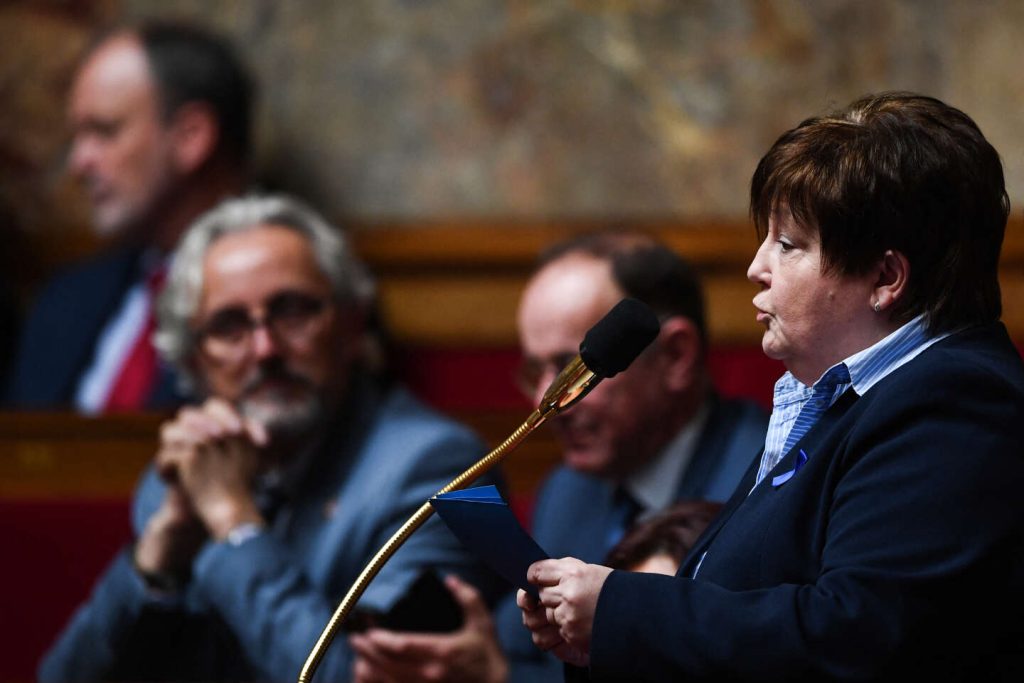The French higher education system is currently undergoing scrutiny in a parliamentary report on for-profit private higher education, led by Estelle Folest and Béatrice Descamps. The report highlights the significant presence of for-profit private institutions in the higher education sector, with an estimated one in ten students enrolled in such programs. This sector, which has seen a steady increase in enrollment over the years, is characterized by a wide range of offerings, including traditional institutions like business and engineering schools, as well as newer players in the for-profit sector. Many of these programs focus on professional development.
One of the key challenges faced by the rapporteurs in their research was the lack of concrete data on the scale and scope of for-profit private higher education in France. They recommend the establishment of an official definition of for-profit private education and the development of a comprehensive map of institutions within this sector. Additionally, the lack of transparency and clarity in terms of program recognition is highlighted, as many of these programs are not accredited by the Ministry of Higher Education but rather fall under the National Directory of Professional Certifications, administered by the Ministry of Labor. This lack of proper accreditation can impact students’ ability to continue their studies or access financial aid.
To address these issues, the rapporteurs propose the implementation of a “formation identity card” on the Parcoursup platform, where institutions would be required to disclose their legal status and the type of diploma they offer. This would provide students with clearer information to make informed decisions about their educational pathways. Béatrice Descamps emphasizes the importance of preventing deceptive practices in this growing market, which range from misleading information about program content to financial disputes over tuition fees. Ultimately, the aim is to protect students and ensure they have access to quality education.
As the landscape of higher education evolves with the increasing presence of for-profit private institutions, the report seeks to shed light on the discrepancies and challenges within this sector. With over a quarter of students now enrolled in private higher education institutions, the need for greater transparency and accountability becomes more pressing. By clarifying the status of these programs and streamlining information for prospective students, the hope is to empower individuals to make well-informed choices about their educational pursuits. Addressing issues of misrepresentation and financial disputes is key to fostering a fair and equitable higher education system that serves the needs of all students.


